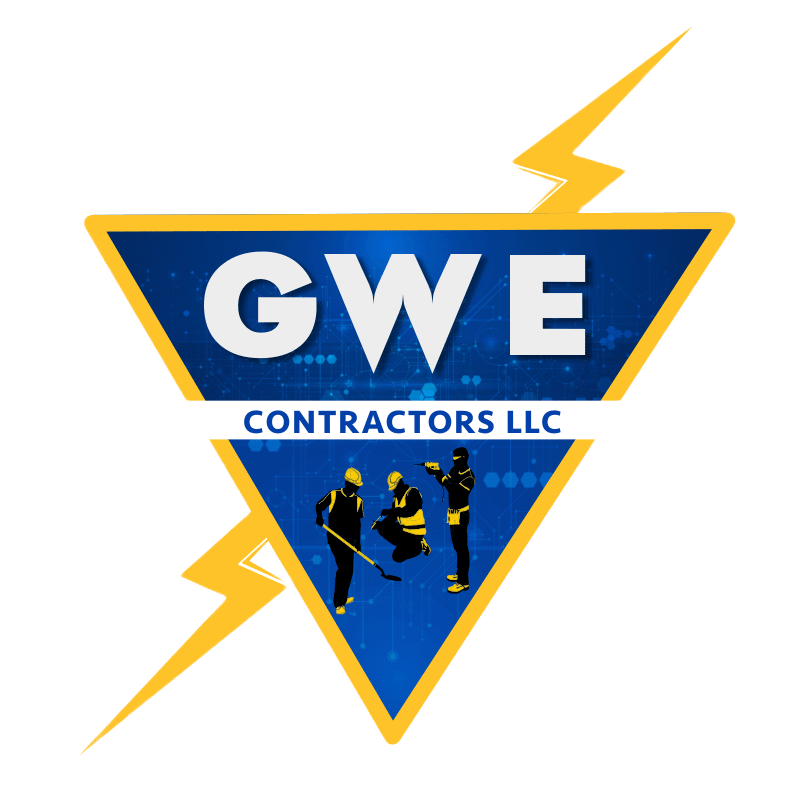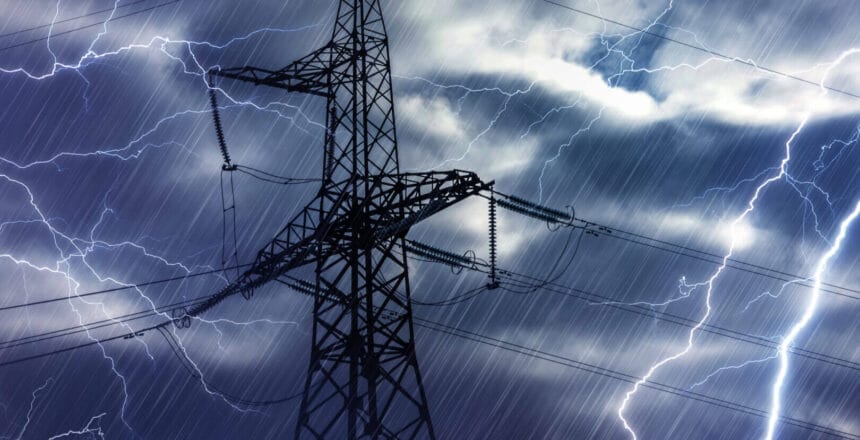In recent years, there has been an uptick in extreme weather. Extreme weather results in damage to property amounting in billions of dollars of repairs.
The nation’s electrical grid was not built to withstand these extreme weather events. Most of the grid is over 100 years old and is primarily above ground. Newer neighborhoods with underground electric tend to fair better during these extreme weather events. Underground systems are not completely protected. Flooding can affect underground systems and can cause loss of power.
Different times of the year in different parts of the country means different types of extreme weather. It is unlikely to see a tornado in Massachusetts, while it is unlikely to have ice in Arizona.
Above ground systems are exposed to high winds, ice, rain, snow, lighting and extreme heat. All of these can affect the system. A tree falling on an electrical wire could potentially affect hundreds of people for hours.
When the system is affected, it can be a minor inconvenience where residents use candles for light and play games with their family. Unfortunately, there are also major problems including access to clean water, food and critical healthcare.
According to climatecentral.org, the US has been seeing two times more weather-related power outages between 2014-2023 than it did in the prior ten years. Power companies have been working to upgrade the grid, but weather has been evolving and becoming stronger over time.
What can homeowners do about extreme weather?
It is very difficult for residents to prepare for extreme weather. One way to prepare is by installing a generator. These range from small to cover a few appliances to larger generators that can handle a whole home for extended periods of time. This can be a very costly install and is not available to everyone.
Some simple things a homeowner can do is to secure any outdoor furniture, gutters and reinforce windows and doors. These things won’t stop power failure but they can help mitigate other issues.
Finally, it is important to listen to warnings from local officials and stay up to date on the weather in your area. Once the extreme weather hits it can be very difficult for first responders to get to an someone in need of medical care.

